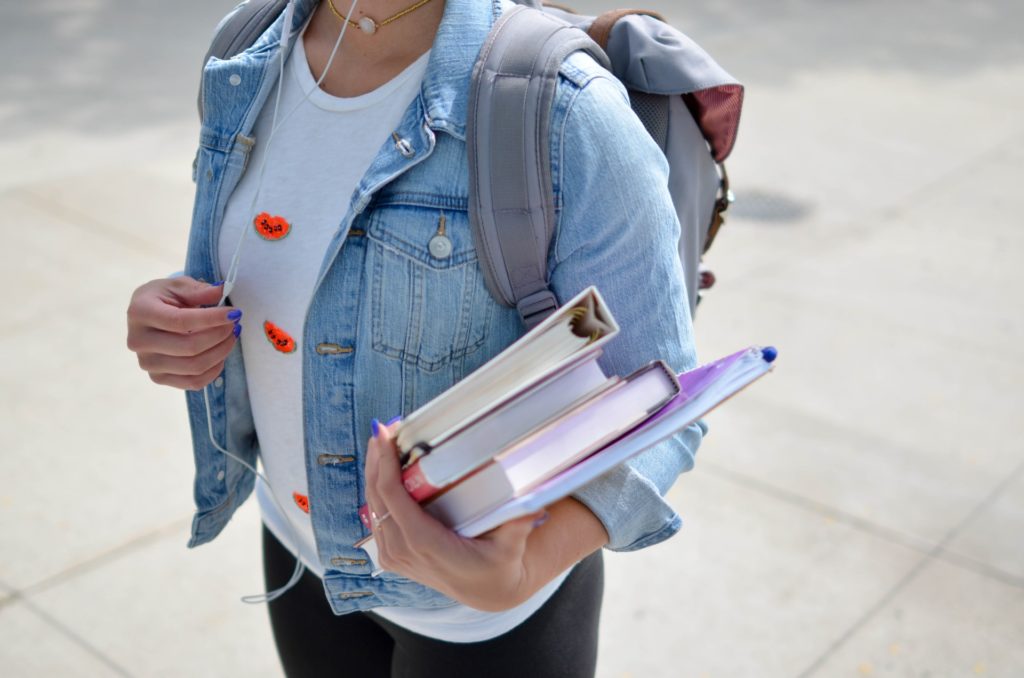More than half of students suffered from anxiety and/or depression during the ongoing Covid-19 crisis, with one in ten suffering so badly they were unable to take care of their own basic needs.
That’s the conclusion of a research project carried out by the universities of Liege, Louvain-la-Neuve and the Free University of Brussels ULB. The researchers interviewed 25,000 students in higher education, more than 10% of the entire student population of French-speaking institutions – not only the three named above.
Students were asked about four main topics: initial difficulties, mental health, respect of sanitary measures and finally prospects for the future.
Of the sample, fully 50% reported problems of anxiety, while depression was experienced by 55%. Even the freshest of freshers will have started their time in higher education in the autumn of 2019, when the coronavirus was not even a cloud on the horizon, and so all will have had some experience of student life before the curtain came down, and brought an end to what should have been a fun and almost care-free period in a young person’s life.
As it turns out, students more advanced into their academic career suffered more than their juniors.
Among the feelings described by students in online interviews with psychologists are anger, problems sleeping, loss of appetite and in more severe cases loss of hope in the future.
Related News
- Belgium's schools close ahead of Easter break
- Obesity, drug abuse and depression in Flanders increased during coronavirus crisis
- Young people’s mental well-being suffered most during crisis, GEMS report shows
A large majority had no trouble following mask rules, even indoors outside of their own bubble, and two out of three had no problem with distancing or avoiding gatherings. Three in four maintained social contacts via social media.
However only 57% expressed confidence in the vaccination campaign as a way out of the woods, perhaps because young people are far down the list for receiving the vaccine. For this group, the study concludes, campaigns of information and explanation needed to be created. At the same time, the use of salivary tests could fill the gap until their time for vaccination arrives.
Most worrying of all, one in ten found difficulty in satisfying their own basic needs during the crisis. That showed itself as difficulty in coping with educational demands, mental and physical fatigue, loss of motivation, and a feeling of dislocation.
Asked for their priorities if and when the crisis recedes, most opted for a return of social contacts, followed by a return to the physical environment of campus and class.
“All I ask is to get back to our lecture halls,” one student interviewed said. “Starting your studies alone in front of your computer is an unbearable ordeal. We didn't have time to bond with other students, and we have never experienced life on a campus.”
Alan Hope
The Brussels Times

